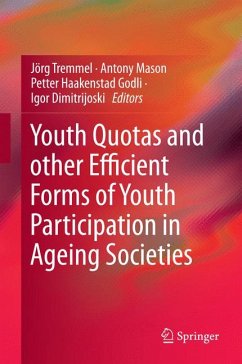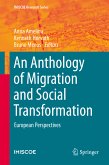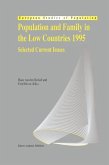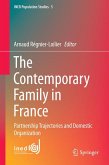The book explores key questions regarding the implementation of youth quotas from different perspectives, including philosophy, political science, sociology and demography. It examines whether youth quotas and other measures that give the young more voice and influence in political institutions are a good means for promoting the cause of intergenerational justice. In particular, it investigates how and if youth quotas can be used to ensure that the environmental interests of young and future generations are being taken into account.
In addition, the book introduces an innovative model that wouldgive a right to vote to minors without voting age boundaries. The book also discusses suffrage reforms through lowering the voting age in Western countries, as well as introducing methods especially aimed at raising the skills of children necessary for societal citizenship and empowerment of young citizens.
The volume will help raise awareness and knowledge about the intergenerational implications of demographic changes in Western democracies, where ageing societies are increasingly turning into gerontocracies. It offers readers deep insight into how youth quotas in particular (and others forms of youth participation in general) might be efficient methods to ensure that younger generations are included in the political decision making process and other activities in society.
Dieser Download kann aus rechtlichen Gründen nur mit Rechnungsadresse in A, B, BG, CY, CZ, D, DK, EW, E, FIN, F, GR, HR, H, IRL, I, LT, L, LR, M, NL, PL, P, R, S, SLO, SK ausgeliefert werden.









